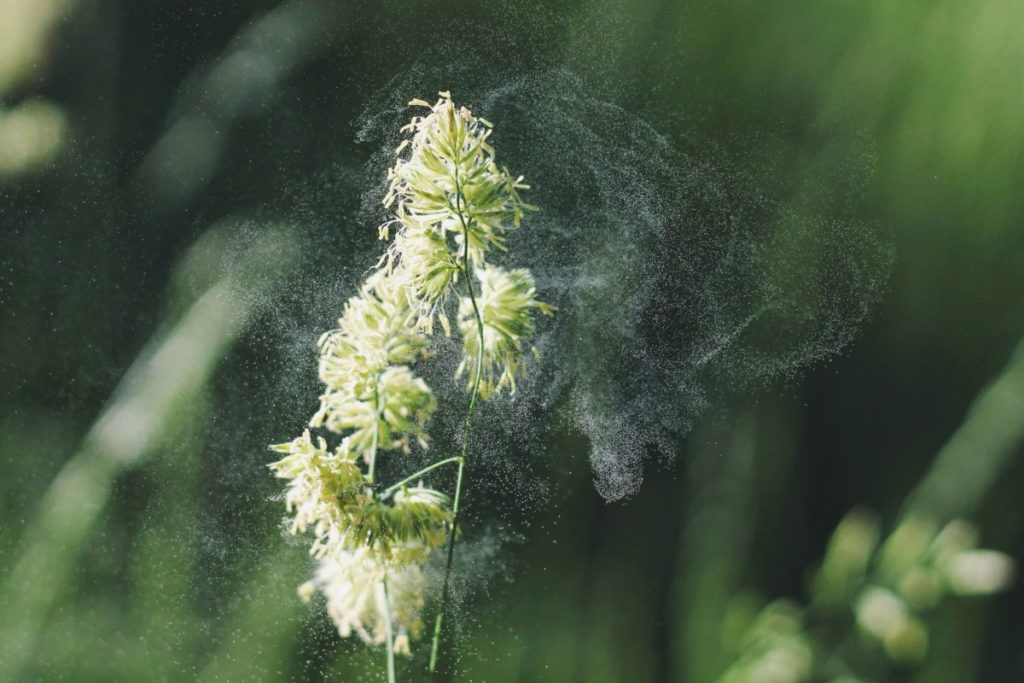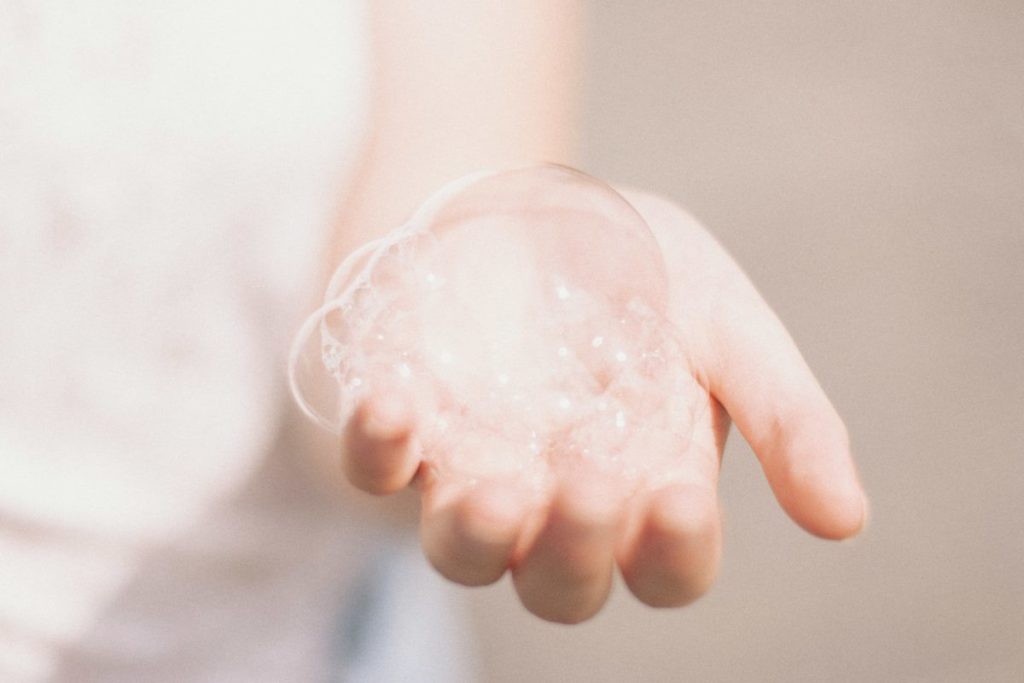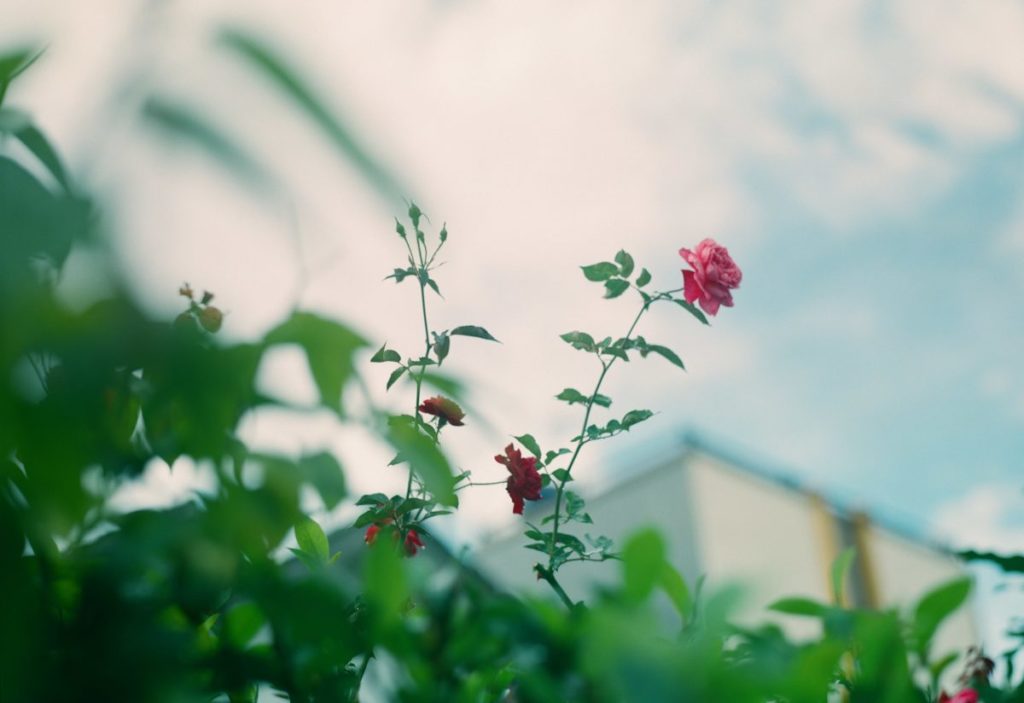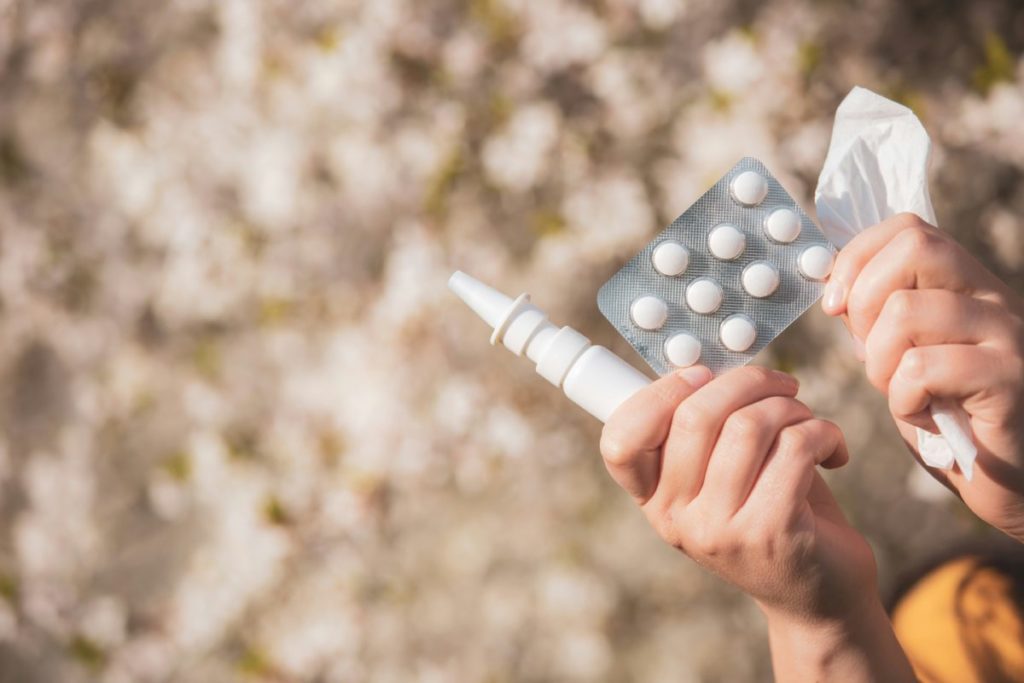Summer is the time to enjoy sunny days, bright skies and warm weather. But, for those with seasonal allergies, it’s also the time for frequent sneezing, itchy and watery eyes, and a runny nose – symptoms hay fever sufferers are all too familiar with.
Hay fever is caused by allergens including tree, grass and weed pollen, and almost half of everyone in the UK has been affected.
Pollen is almost unavoidable in summer. And while there is no cure for hay fever *sigh*, there are things you can do to help manage your symptoms.
Read on for our top tips based on NHS advice and my personal experiences…

1. Cover your face
Hay fever symptoms show when pollen, a fine, yellow powder, enters the eyes, mouth and nose.
Wearing sunglasses while you’re out and about this summer can help to protect your eyes from the pollen in the air. A face mask does the same for the nose and mouth area.
Covering your face will not only place a barrier between you and the pollen, it can also remind you not to touch your face or rub your eyes, which can worsen hay fever symptoms.

2. Check the pollen forecast
Checking the weather forecast for where you’re going is a force of habit. So, when you go to check the weather, take note of the pollen count too.
It’ll tell you how much pollen is in the air and give it a low, medium or high rating, helping you plan for the day.
You can check the pollen count where you are by visiting the Met Office website or downloading the Your Pollen Pal app.

3. Wash away the day
Pollen can stick to your clothes and get trapped in your hair. That’s why it’s so important to shower and change your clothes at the end of the day.
It’s a good idea to wash your hair, but tying it back can help to keep any pollen away from your face.

4. Think about the garden
Gardens are usually home to every kind of pollen-maker – grass, flowers, trees and weeds. For that reason, a blooming garden is almost a no-go area for those with hay fever.
But, there are gardening tips which can help you manage your symptoms.
It’s best to avoid cutting the grass wherever possible, as this is a common trigger for seasonal allergy sufferers. You should also steer clear of planting these six flowers (sorry sunflower lovers 🌻).
And while hanging clothes outside is one of the many benefits of the warm, summer weather, you may have to consider drying them inside to keep them away from the garden pollen.

5. Take care with fresh air
Opening windows and doors invites pollen into your home. But, letting in fresh air is a must, especially when the temperature goes up and rooms start to feel hot and stuffy.
One of the best things I did for my hay fever symptoms was investing in an air purifier, which helps to remove pollen and dust from the air. I can open my window and not worry so much about the pollen.
Dusting and hoovering your home regularly can help to wash away any pollen which has landed on surfaces too.

6. Speak to a pharmacist
Taking antihistamine tablets, which are available in non-drowsy varieties, can help to relieve hay fever symptoms. You should speak to a pharmacist for advice on whether they are right for you and how they should be taken.
Nasal sprays can treat symptoms including sneezing, itchy and watery eyes, and a runny or blocked nose. Eye drops can also soothe sore and irritated eyes caused by pollen.
There are lots of different types and brands of hay fever medication. Before trying something new, it’s always best to speak to a pharmacist or GP. Or, if you’re concerned about your hay fever symptoms, call 111.
People experience hay fever symptoms differently. Some might have a light sniffle while others are laid up in bed sneezing constantly with swollen eyes.
Whichever camp you’re in, these tips can help you take control of your symptoms and enjoy the long-awaited summer.


